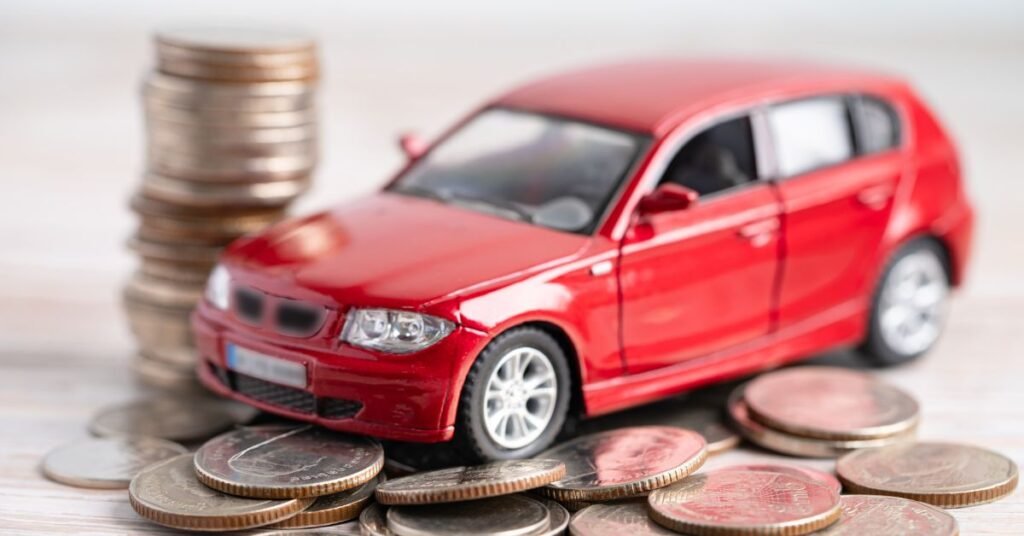Leasing a car is often presented as a flexible way to drive a new vehicle without the long-term commitment of buying. But one question many people ask is: does leasing a car affect your credit score? The short answer is yes — auto leases are reported to the credit bureaus just like loans, and your payment history can have a positive or negative impact on your credit.
In this guide, we explain how leasing works, how payments are reported, and what factors determine whether your score will improve or decline over time.
How a car lease appears on your credit report
When you sign a leasing agreement, the leasing company typically treats it like an installment loan. That means:
- Reports to bureaus: The lease and your monthly payments are reported to credit agencies like Experian, Equifax, and TransUnion.
- Credit mix: Having both revolving accounts (like credit cards) and installment accounts (like an auto loan or lease) can help improve your score.
- Payment history: On-time payments are the most important factor in building good credit. Missed or late payments can lower your scores quickly.
So, while leasing isn’t exactly the same as buying, it is still financing. The way you manage your payments will determine the long-term impact.
Will leasing a car help or hurt your credit score?
The impact depends on your financial behavior:
- Positive effects
- Making monthly payments on time will build a positive history.
- Leasing can help improve your credit mix, which FICO considers about 10% of your score.
- Over the full lease term (often 2–4 years), consistent payments show lenders you’re a reliable borrower.
- Making monthly payments on time will build a positive history.
- Negative effects
- Missing payments or carrying bad debt elsewhere can cause lower scores.
- Applying for a lease involves a hard inquiry, which may temporarily reduce your score.
- A high debt-to-income ratio from multiple loans or leases could limit future approvals.
- Missing payments or carrying bad debt elsewhere can cause lower scores.
In short, leasing a car can be good for your credit if you pay responsibly, but harmful if you don’t.
Leasing vs. buying: which is better for your credit?
Both options have an impact:
- Leasing
- Typically lower monthly payments.
- Easier to get approved if your credit score is already good.
- At the end of the term, you return the vehicle or buy it out.
- Still counts as debt and must be managed carefully.
- Typically lower monthly payments.
- Buying (with a loan)
- Builds ownership and long-term equity in the vehicle.
- Payments may be higher, but once the loan is paid, the car is yours.
- Can improve your credit history if managed well, just like a lease.
- Builds ownership and long-term equity in the vehicle.
Ultimately, the better choice depends on your financial goals, interest rate, and how long you plan to keep the vehicle.

Key factors lenders look at
When reviewing your application, leasing companies and auto lenders usually check:
- FICO score (good credit increases approval chances and better terms).
- Payment history (on-time vs. late).
- Debt-to-income ratio (too much existing debt may reduce approval).
- Credit mix (loans, leases, credit cards).
- Length of history (a longer positive track record is better).
Understanding these terms will help you prepare before signing a lease agreement.
Tips to ensure a positive impact on your credit
If you’re thinking about leasing a car, follow these steps to protect and improve your financial profile:
- Pay on time, every time – Even one missed auto payment can lower your scores significantly.
- Keep debt manageable – Don’t take on multiple loans or leases at once.
- Read your agreement carefully – Understand monthly payment amounts, interest rate, and lease terms.
- Monitor your credit reports – Use free annual reports to ensure your lease is being reported accurately.
- Plan for the lease end – Decide whether you’ll return, refinance, or buy the vehicle, and how that fits your financial goals.

Leave a Reply